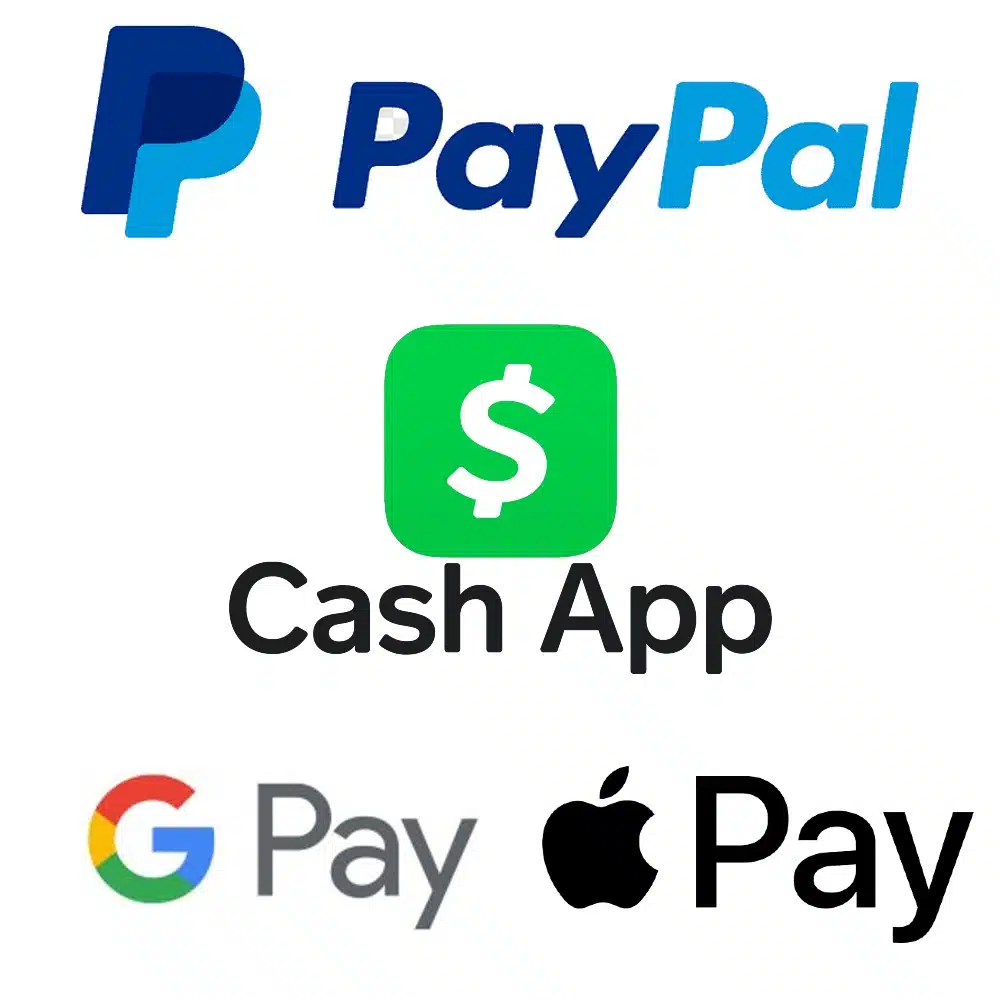Federal regulation is coming to payments apps offered by the country’s biggest tech companies. The Consumer Financial Protection Bureau said early Thursday it has “finalized” a rule that will regulate wallets and digital money transfers offered through payments services such as those of Apple Inc., Block Inc., Google LLC, and PayPal Holdings Inc.
The 259-page rule, set to take effect 30 days after its publication in the Federal Register, applies to firms that process at least 50 million consumer transactions per year. Combined, the biggest firms covered by the regulation process more than 13 billion transactions annually, according to the CFPB’s estimates. The new regulation would also add enforcement capability to the CFPB’s remit in this area, where before its actions were limited to examinations. Companies that will be affected by the rule could not immediately be reached for comment.
“Digital payments have gone from novelty to necessity and our oversight must reflect this reality,” said CFPB Director Rohit Chopra, in a statement. “The rule will help to protect consumer privacy, guard against fraud, and prevent illegal account closures.”

Areas of supervision under the rule include privacy and surveillance, errors and fraud, and so-called “debanking,” or the interruptions consumers may sustain when app service is temporarily lost without notice. “Consumers have reported concerns to the CFPB about disruptions to their lives due to closures or freezes,” notes a release issued Thursday by the CFPB.
The rule’s emergence comes as the regulator prepares for the arrival of the Trump administration in Washington. The new Republican government will be less sympathetic to the CFPB’s efforts on multiple fronts in financial services than the Biden Administration has been, according to some observers, casting a shadow over the new rule’s immediate future. Chopra may step down before his term ends in 2026, according to reporting by The Wall Street Journal.
Indeed, some experts see this latest regulatory effort as an urgent move by the agency to exert more control over a fast-growing business it has long been concerned about. With the new rule, “Chopra would like to pull every one of these big tech players in,” notes Eric Grover, principal at payments advisory Intrepid Ventures. “This has been in the works for a long time.” The more transactions the apps control, the more they rise in concern among regulators, Grover adds. “App platforms continue to grow,” he says.
Critics of the agency look to the new administration to reposition the CFPB radically. “It will be enforcing the law, not making the law,” says Grover.






